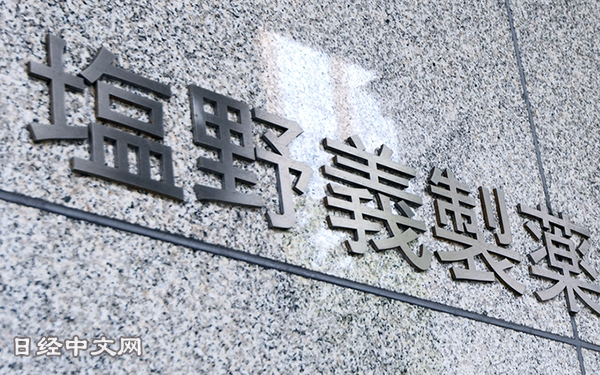On June 22, several Japanese media, including the Mainichi Shimbun, reported that Shionogi’s S-217622 emergency authorization application based on Phase II data was suspended by Japan’s PMDA, saying that “more careful discussions are needed”.
「緊急承認制度」による薬事承認の可否が焦点になっている塩野義製薬の新型コロナウイルス感染症の飲み薬について、厚生労働省の専門部会は22日、結論を持ち越した。7月に開く上部組織の薬事分科会と合同で審議する。部会では賛否が交錯したが、この先、緊急承認となる可能性はどの程度あるのか。
S-217622 is an oral 3CL protease inhibitor jointly developed by Hokkaido University and Shionogi, and its mechanism of action is the same as Pfizer’s approved COVID-19 drug Paxlovid. In February, Shionogi announced part of the Phase IIa data of the Phase II/III clinical trial of S-217622. The results showed that in terms of antiviral, compared with the placebo group, the S-217622 group was able to achieve a rapid decrease in viral titer and viral RNA.
This Phase II/III study primarily evaluates the efficacy and safety of S-217622 as a treatment for COVID-19. The Phase IIb study enrolled 428 patients in Japan and South Korea, randomized to receive both placebo and high and low doses of S-217622. The primary objective was to confirm the antiviral efficacy and clinical improvement of S-217622 compared to placebo after oral once-daily dosing for 5 days.
On April 23, at the 32nd European Congress of Clinical Microbiology and Infectious Diseases (ECCMID), Shionogi announced the pivotal Phase IIb data of the Phase II/III clinical trial of S-217622. The results showed that S-217622 exhibited rapid clearance of the infectious SARS-CoV-2 virus. S-217622 showed a significant reduction in viral RNA on days 2, 4, 6 and 9 compared to placebo; on day 4 of treatment (after the third dose), the proportion of patients with positive viral titers compared to placebo reduced by about 90%. S-217622 reduced the shedding time of infectious virus by 1-2 days compared to placebo. In terms of symptom improvement, the total score of 12 COVID-19 symptoms was not significantly different, but post-hoc analysis showed that S-217622 improved in the composite score of 5 “breathing and fever” symptoms.
In terms of safety, both the Phase I and IIa/b parts of the Phase II/III clinical trial showed that S-217622 was well tolerated, with few drug discontinuations and no reports of serious adverse events or deaths. Treatment-emergent adverse events were usually mild to moderate and resolved without treatment.
S-217622 is currently undergoing two global Phase III clinical studies, aiming to recruit participants globally to support regulatory filings for marketing.
3-chymotrypsin-like protease (3CLpro), also known as 3C-like protease or major protease (Mpro), is the major protease found in coronaviruses. Pfizer’s Paxlovid received regulatory approval for the EPIC-HR study for the treatment of adult patients with mild to moderate novel coronavirus pneumonia (COVID-19) with high risk factors for progression to severe disease. The EPIC-HR study became Paxlovid’s ‘God’ work, showing a nearly 90% reduction in the risk of COVID-19-related hospitalization or death from any cause. At the same time, it also made the 3CL target famous, prompting many domestic and foreign companies to start active deployment.
Regrettably, with the global pandemic of Omicron, Pfizer’s 3CL protease inhibitor Paxlovid has recently been tested in two phase III clinical studies for standard risk (EPIC-SR) and post-exposure prophylaxis (EPIC-PEP). lose. Now, coupled with the delayed approval of S-217622 by Japanese regulators, many uncertainties have been added to the fiery 3CL track. At the same time, the failure of the EPIC-SR study also dispelled some of the expectations of the S-217622 study in patients with risk factors for severe complications (SCORPIO-SR).
With the uncertain prospects of various 3CL protease inhibitors, Enanta took the lead in filing a patent compensation lawsuit against Pfizer, hoping to get a share of Paxlovid before the product is launched.









